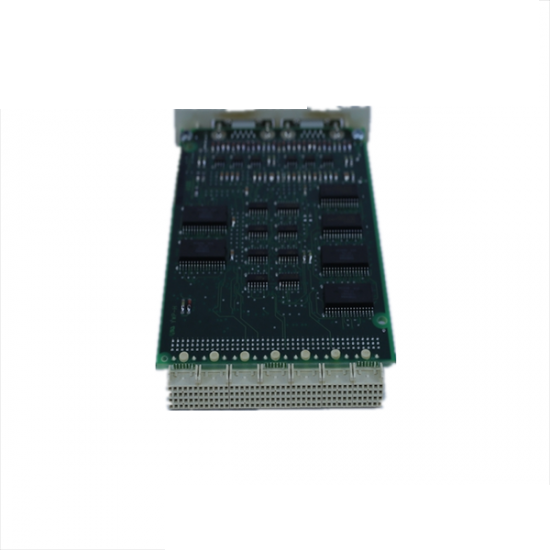The YOKOGAWA ALR121-S00 communication modules are designed to offer robust serial data communication capabilities in industrial automation environments, ensuring reliable and efficient data exchange between devices.
The YOKOGAWA ALR121-S00 communication modules are designed to offer robust serial data communication capabilities in industrial automation environments, ensuring reliable and efficient data exchange between devices.
 WhatsApp
WhatsApp
Product Type:Serial Communication Module
Interface:RS-422/RS-485
Connection Method:Point-to-point (RS-422), Multipoint (RS-485)
Communication Function:High-speed data transmission, error detection, and correction
IO Wiring:Cable with 3-pair shield, AKB161, or AKB162
Current Consumption:0.5 A
Suffix Code:S = Standard type, 5 = With no explosion protection, 0 = Basic type
Weight:0.30 kg
Module Compatibility:Yokogawa ADM12 PLC
The YOKOGAWA ALR121-S00 series communication modules are engineered for demanding industrial settings, providing unparalleled reliability and performance. These modules feature a compact design that seamlessly integrates into various machinery and systems, enhancing operational efficiency.
With support for multiple communication protocols, including Modbus, ASCII, and EIA standards, the ALR121-S00 ensures compatibility with a wide range of devices, facilitating seamless data exchange in complex industrial networks.
Equipped with advanced error detection and correction algorithms, these modules minimize data loss and downtime, contributing to the overall stability and productivity of manufacturing processes.
Engineered with high-quality materials, the YOKOGAWA ALR121-S00 modules withstand harsh environmental conditions, ensuring longevity and durability even in extreme temperature ranges. This makes them ideal for use in various industrial sectors, including automotive, manufacturing, and process control.
Installation and configuration of these modules are straightforward, thanks to user-friendly interfaces and comprehensive documentation provided by YOKOGAWA. This enables quick deployment and minimizes setup time, allowing users to focus on their core operations.
